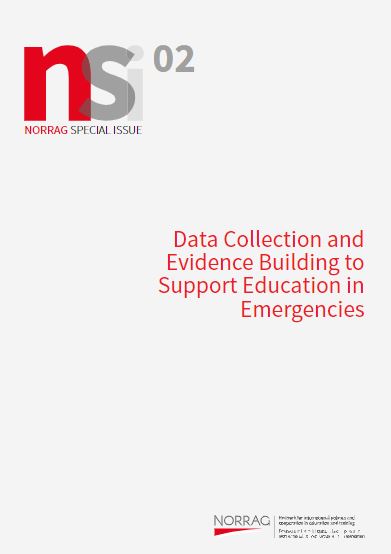From 18 to 22 February, IIEP held a series of technical working sessions in Debre Birhan, Ethiopia, on educational planning for refugees and host communities in the Afar, Benishangul Gumuz, and Tigray regions.
Participants included woreda- and regional-level education officers, representatives from the Ethiopian Agency for Refugee and Returnee Affairs (ARRA) and UNHCR, the UN Refugee Agency.
During the sessions, participants examined the performance of the education systems in their respective woredas and regions by analysing disparities across host and refugee communities in key indicators including gross enrolment rate (GER), pupil/teacher ratio, learning outcomes, and exposure to risks of conflict and disaster. They then discussed priority actions that can help reduce disparities in host community and refugee settings in terms of access, quality, and risk reduction.
Priorities for joint planning that emerged included upgrading the skills of underqualified ‘incentive teachers’, constructing and expanding school facilities, reinforcing existing facilities to withstand strong winds, developing annual emergency plans at school level, and launching awareness-raising programmes to increase enrolment, among others. These priorities will inform the 2019 planning processes in participating woreda education offices and regional education bureaux.
The working sessions built on activities carried out by IIEP in 2018 as part of UNICEF Ethiopia’s programme ‘Building self-reliance for refugees and vulnerable host communities by improved sustainable basic social service delivery (BSRP)’, with support from the UK Department for International Development (DFID).
Planning education for refugees and host communities is a priority issue in Ethiopia today. According to UNHCR, the country hosts the second-largest refugee population in Africa, with over 900,000 refugees from some 26 countries.
A second round of working sessions will be held in March 2019 for the Somali and Gambella regions.









